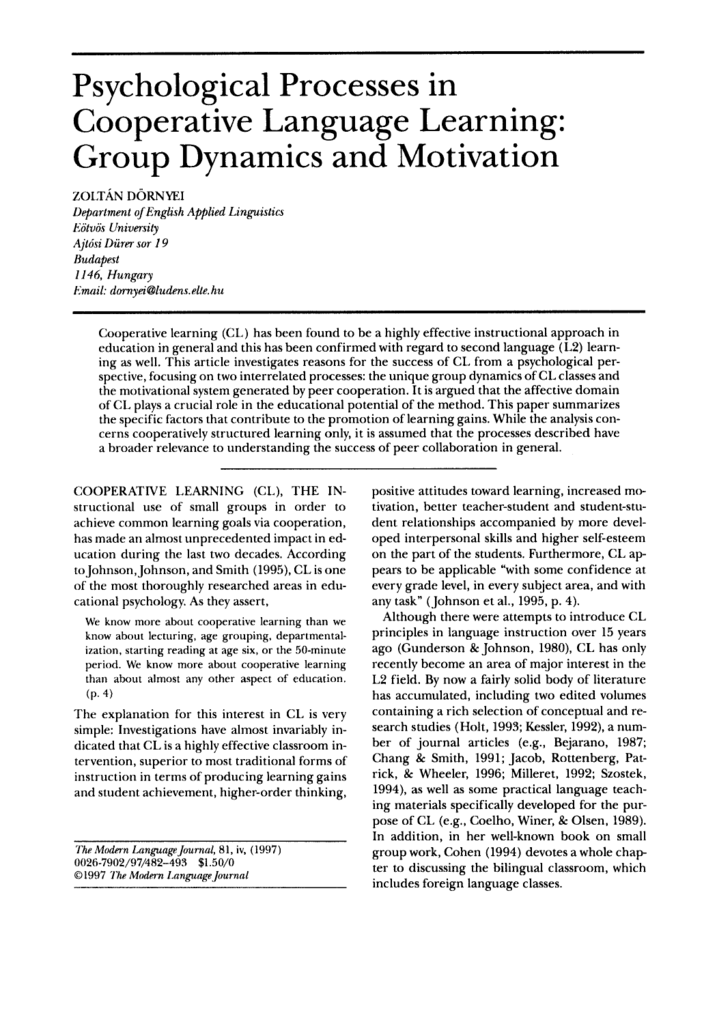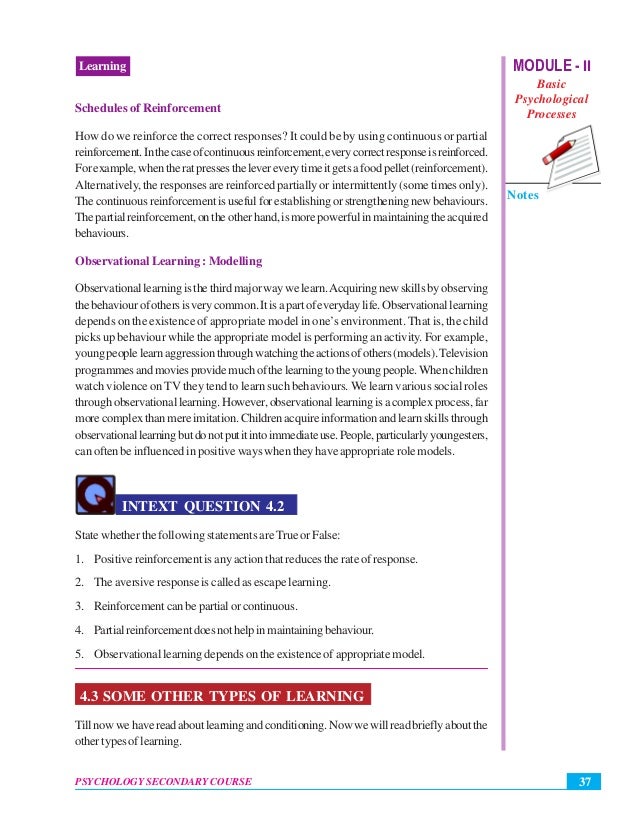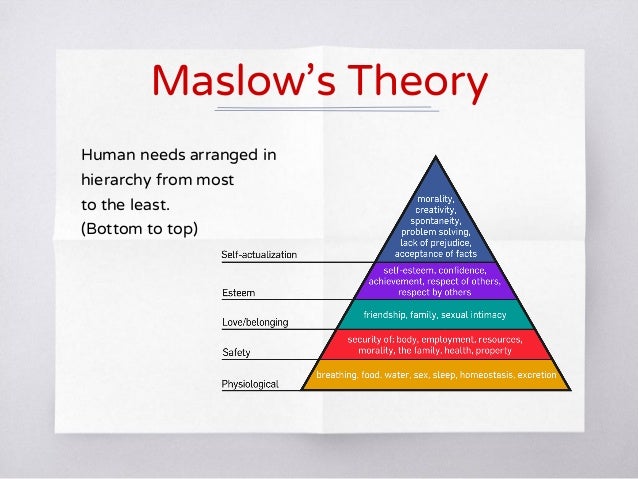

A costly but short-lived production most often results. Composition and preparation in Australia is assigned, most often, three to four weeks with little recognition of the need for time to explore, test, and revise creations. The research project, Unspoken Knowledges, was motivated by the observation that the creation and development of significant works takes time.
#PSYCHOLOGICAL PROCESSES. PROFESSIONAL#
The large amount of video material as well as journal notes document a nine-month project led by choreographer Anna Smith and seven highly experienced professional dancers. Implications of the ART results for industry and ideas for further research are discussed.ĭuring 19 a collaborative research team in Australia involving the Victorian College of the Arts, dance industry partners (Australian Dance Council, The Australian Choreographic Centre), and researchers from MARCS Auditory Laboratories at the University of Western Sydney captured on video the evolution of new dance works by two elite choreographers. The development of continuous measurement devices is also outlined. Themes and movement motifs that emerged as central to the creation of a new dance work (Anna Smith’s Red Rain) were echoed in interpretations of the work provided by expert and novice audience members.

Methods include a case study of choreographic cognition and development and application of a psychometric instrument-the Audience Response Tool (ART)-to measure psychological reactions to dance. This paper describes different empirical methods and tools of analysis to investigate the cognitive processes involved in creating new movement material-choreographic cognition-and to capture psychological responses elicited by live performance of contemporary dance. Theories of cognition that have been developed and tested in the context of verbal patterns, in a single modality, with little consideration of temporal and cumulative processes are inadequate. For example, choreographic cognition is non-linear memory for movement is non-verbal and kinaesthetic audience response is temporal, multi-modal and multidimensional. It epitomises qualities of human behaviour that defy observation, measurement, and analysis.

Amsterdam: Elsevier.Dance is a rich, complex and challenging phenomenon for psychological science. Philosophy of psychology and cognitive science (pp. Thagard (Ed.), Handbook of the philosophy of science. Mechanisms and psychological explanation. Behavior: An introduction to comparative psychology. From neuropsychology to mental structure. Baltimore: Johns Hopkins University Press. The origins and consequences of psychological ideas. An epistemology of the concrete: Twentieth-century histories of life. Toward a history of epistemic things: Synthesizing proteins in the test tube. Controlling life: Jacques Loeb and the engineering ideal in biology. Die traumatischen Neurosen nach den in der Nervenklinik Charité in den letzten 5 Jahren gesammelten Beobachtungen. A history of psychology: Main currents in psychological thought.

Principles of behavior: An introduction to behavior theory. Knowledge and purpose as habit mechanisms. New York: International Universities Press. Ego psychology and the problem of adaptation. Object relations in psychoanalytic theory. Gesammelte Werke (Registerband 18th ed.). Über den psychischen Mechanismus hysterischer Phänomene (Vortrag). Amsterdam: Apud Ludovicum Elzevirium.įreud, S. Zalta (Ed.) The Stanford Encyclopedia of Philosophy.ĭescartes, R. Oxford: Oxford University Press.Ĭraver, C. Explaining the brain: Mechanisms and the mosaic unity of neuroscience. What has functional neuroimaging told us about the mind (so far)? Cortex, 42, 323–331.Ĭraver, C. In The standard edition of the complete psychological works of Sigmund Freud (Studies on Hysteria, Vol. On the psychical mechanism of hysterical phenomena. (Originally published by Princeton University Press in 1993).īreuer, J., & Freud, S. Discovering complexity: Decomposition and localization as strategies in scientific research. New York: Routledge.īechtel, W., & Richardson, R. Mental mechanisms: Philosophical perspectives on cognitive neuroscience. A field guide to mechanisms: Part I & II. Entwicklungsrichtungen der S-R-Lerntheorien in Amerika.


 0 kommentar(er)
0 kommentar(er)
